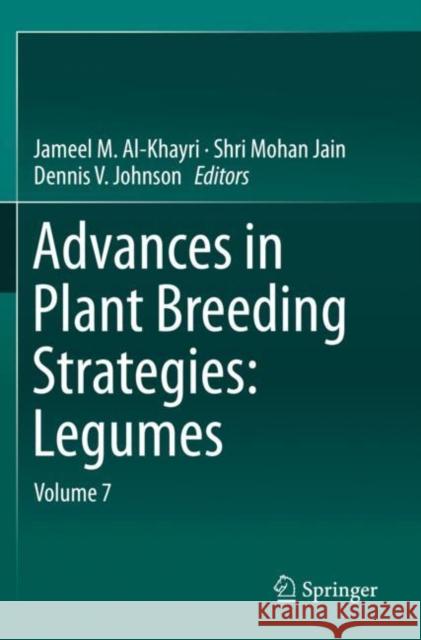Advances in Plant Breeding Strategies: Legumes: Volume 7 » książka
topmenu
Advances in Plant Breeding Strategies: Legumes: Volume 7
ISBN-13: 9783030234027 / Angielski / Miękka / 2020 / 522 str.
Advances in Plant Breeding Strategies: Legumes: Volume 7
ISBN-13: 9783030234027 / Angielski / Miękka / 2020 / 522 str.
cena 805,10
(netto: 766,76 VAT: 5%)
Najniższa cena z 30 dni: 771,08
(netto: 766,76 VAT: 5%)
Najniższa cena z 30 dni: 771,08
Termin realizacji zamówienia:
ok. 16-18 dni roboczych.
ok. 16-18 dni roboczych.
Darmowa dostawa!
Kategorie:
Kategorie BISAC:
Wydawca:
Springer
Język:
Angielski
ISBN-13:
9783030234027
Rok wydania:
2020
Wydanie:
2019
Ilość stron:
522
Oprawa:
Miękka
Wolumenów:
01











